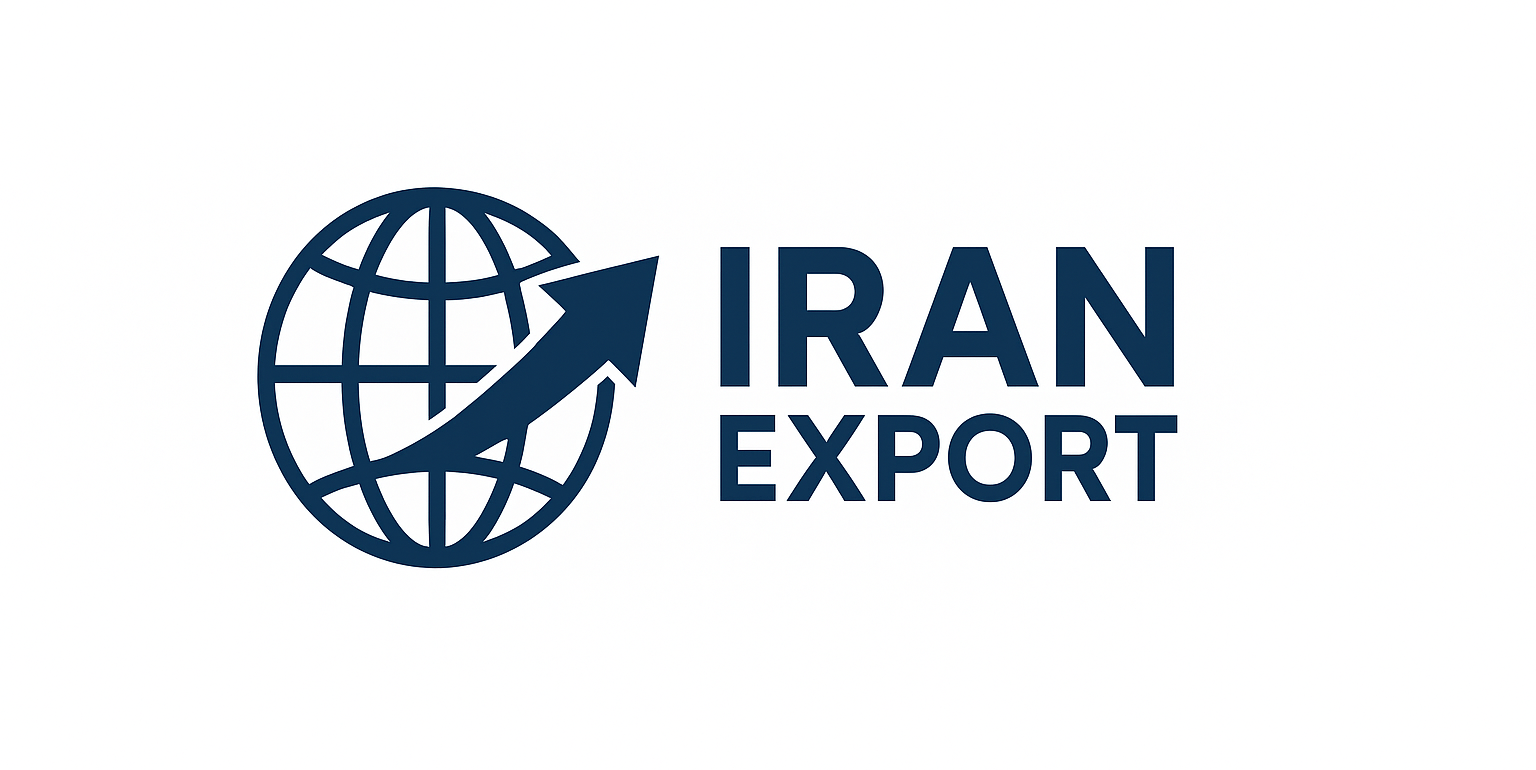Refined Petroleum Products—such as gasoline, diesel, jet fuel, kerosene, and fuel oil—are produced through the refining of crude oil and form a vital part of Iran’s energy and industrial economy. From a technical perspective, Iran operates several large refineries, including those in Abadan, Bandar Abbas, and Isfahan, which utilize both conventional and semi-modern technologies to convert crude oil into a wide range of high-demand fuels and by-products.
Economically, refined products contribute to reducing domestic reliance on imports, supporting energy self-sufficiency, and generating value-added income. As Iran has expanded its refining capacity in recent years, it has shifted from being a major importer of refined fuels to achieving near self-sufficiency and even surplus in some products like gasoline.
On the export front, refined petroleum products—especially fuel oil, LPG, and gasoline—are exported to neighboring and regional markets such as Afghanistan, Iraq, Syria, and countries in Central Asia. These exports are a key source of non-crude oil revenue.
Iran’s competitive advantages in this sector include access to abundant crude oil feedstock, low production costs, an experienced workforce, and proximity to energy-hungry regional markets. These strengths position Iran as a potential refining and fuel distribution hub in the Middle East, despite challenges posed by sanctions and access to advanced technologies.
